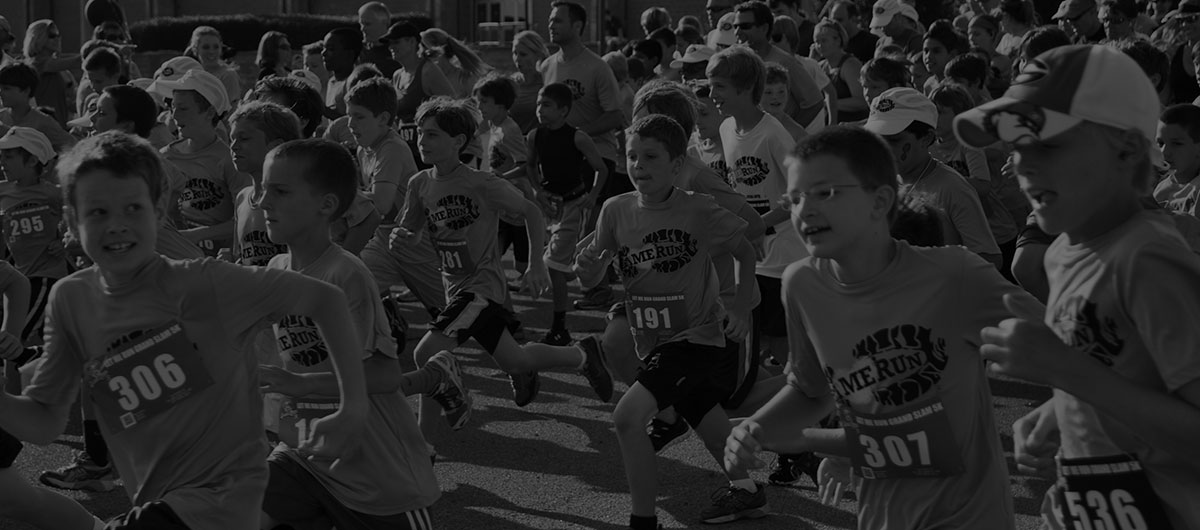Our trained coaches combine exercise with fun activities and lessons to help boys learn teamwork, build relationship skills, create friendships, grow emotionally, amplify their self-esteem, empower themselves and others, and live an active lifestyle. We nurture and celebrate every aspect of what it really means to be a boy, and we let them run.
After every season, family, friends, and teachers are astounded by the transformation each boy makes. Let Me Run boys leave the program with a sense of accomplishment, a deeper belief in self, and a greater appreciation for their peers.
We hope to reduce the challenges associated with a lack of emotional expression in pre-teen and teenage boys, which can lead to stress, sickness, disease, addiction, and violence.

What’s unique about Let Me Run is that they have taken the aspect of health and the aspect of sport and united them with a positive, proactive message about the psychology of what it means to grow up a young male in our society.
Associate Clinical Professor of Psychiatry, Harvard Author of “Real Boys”